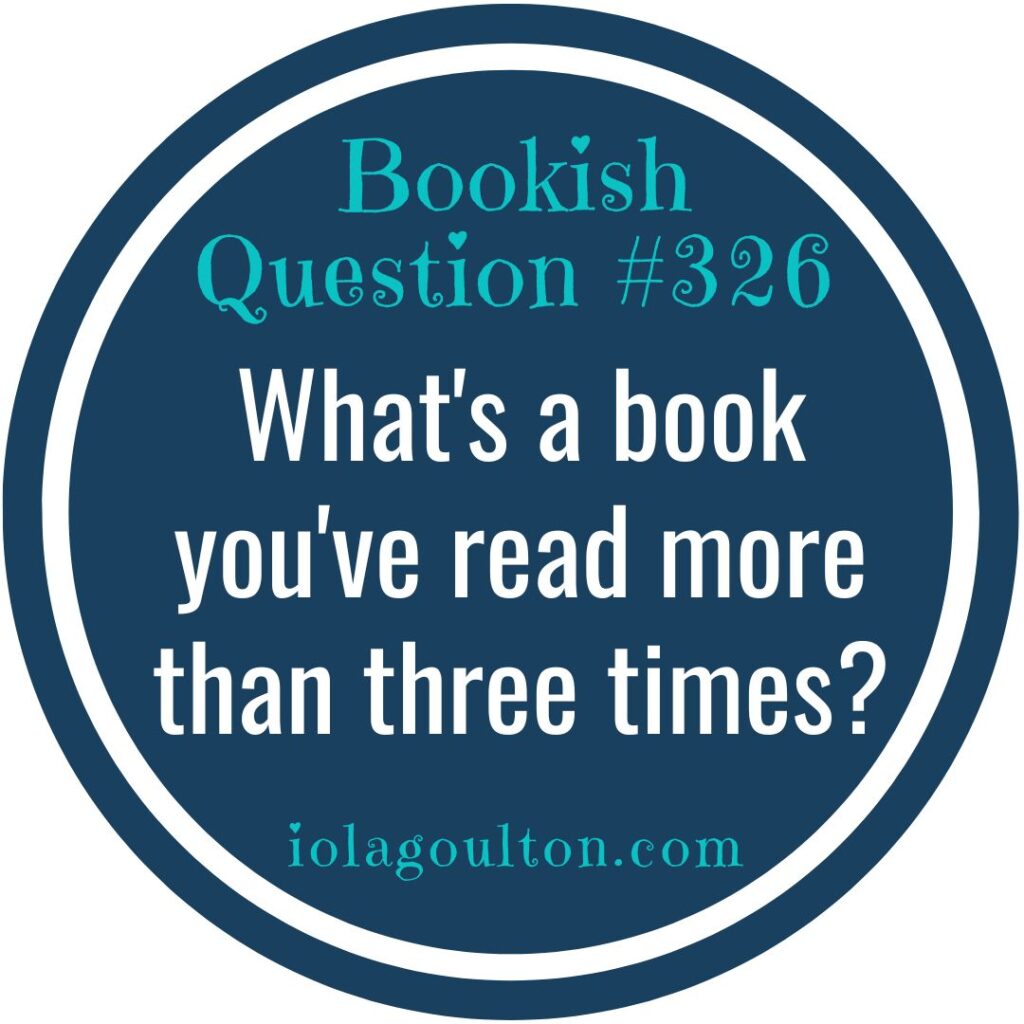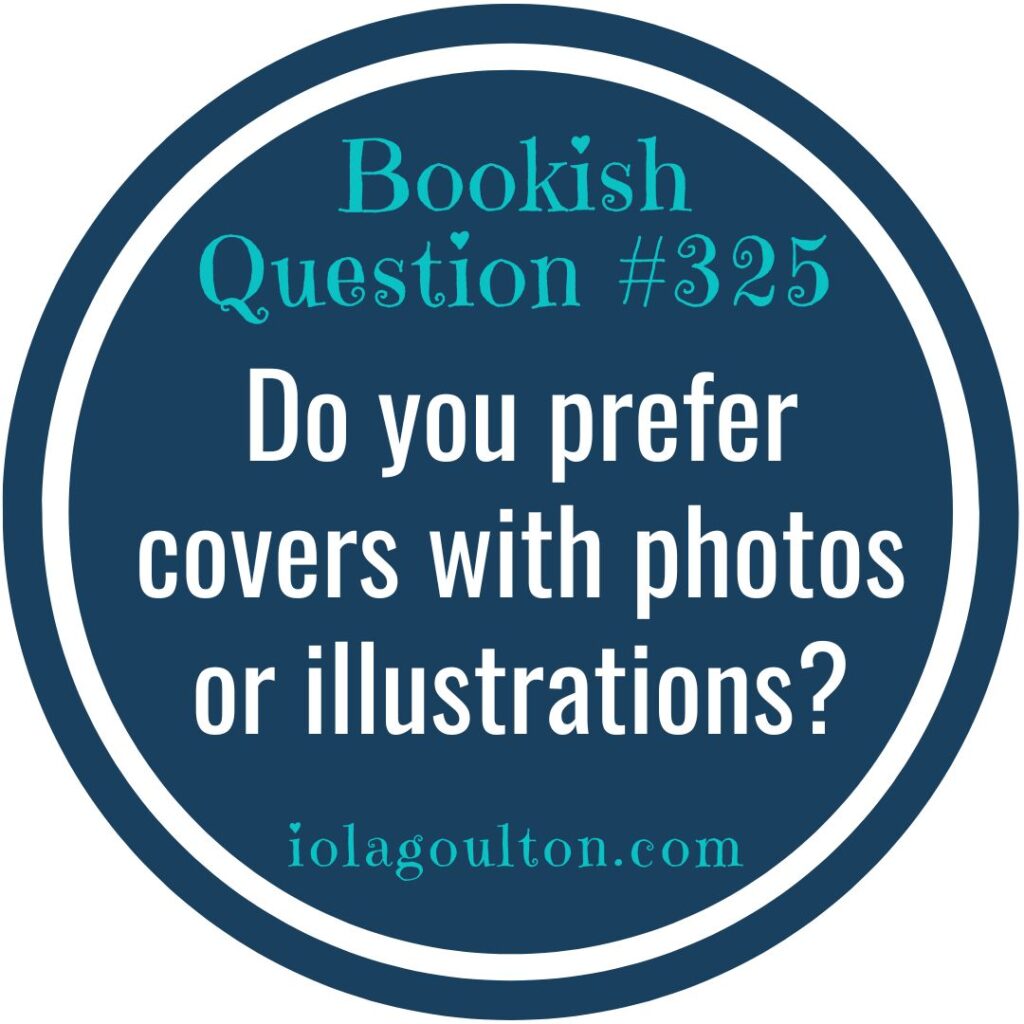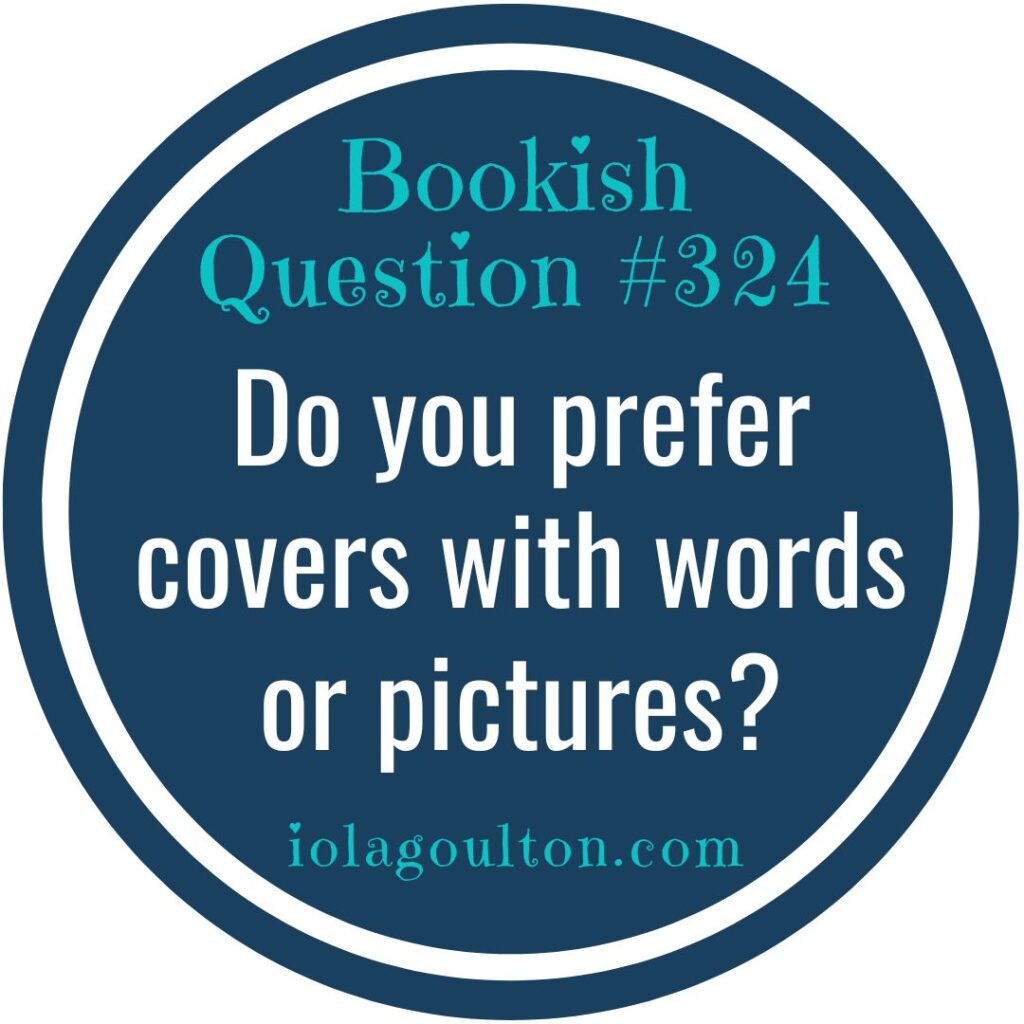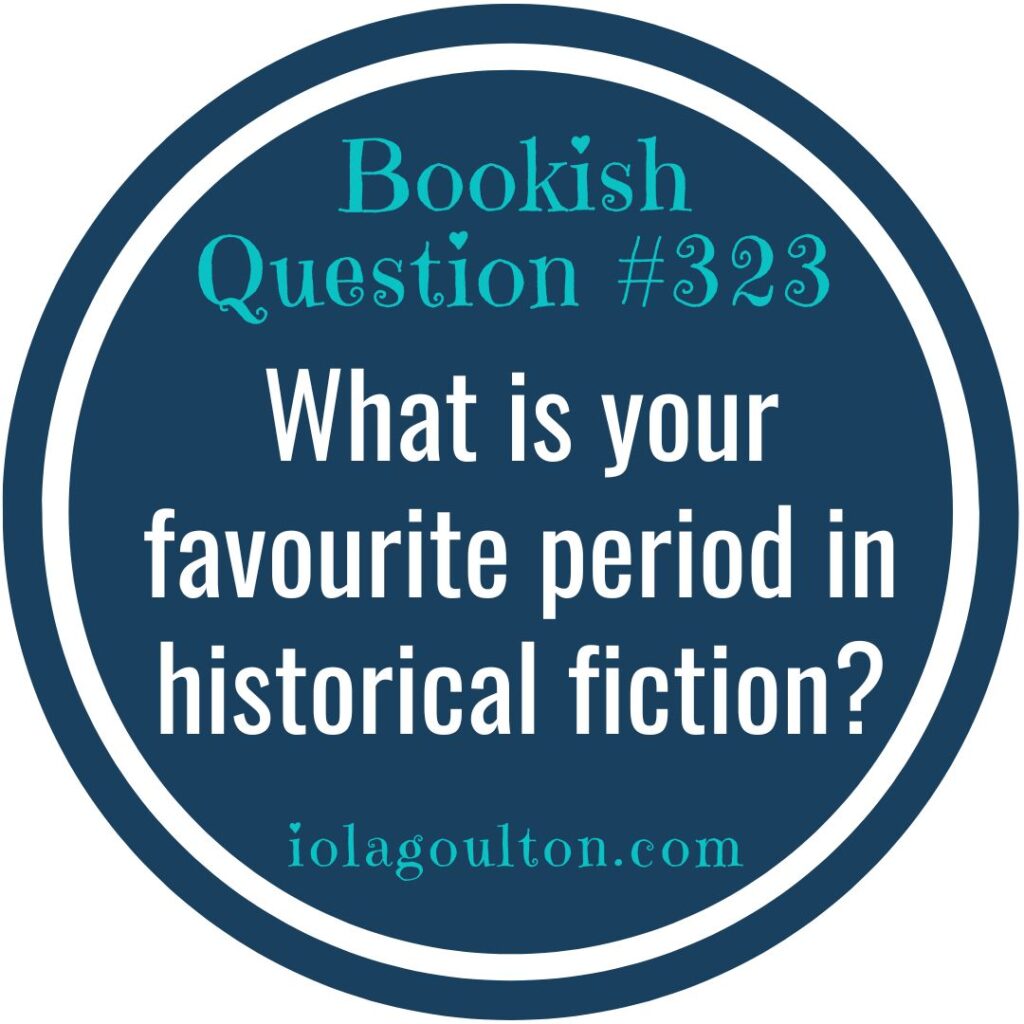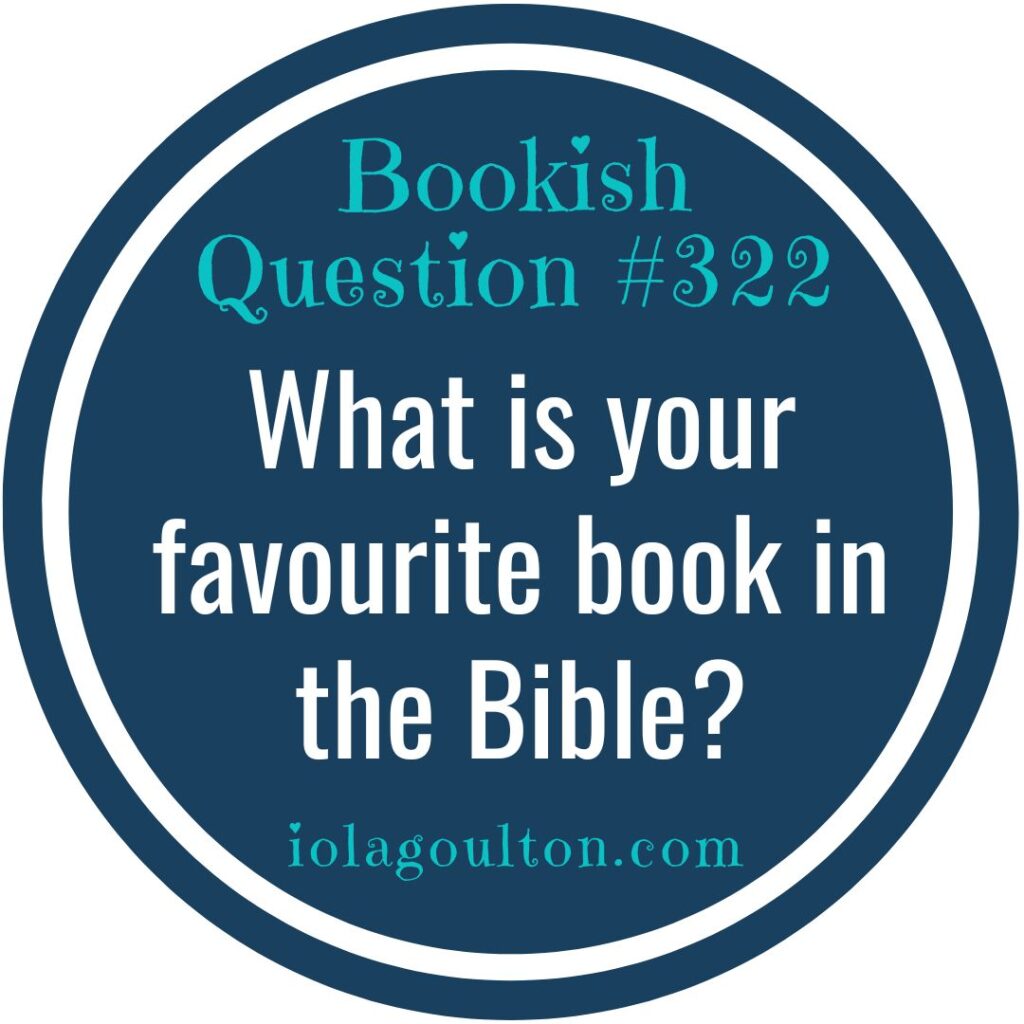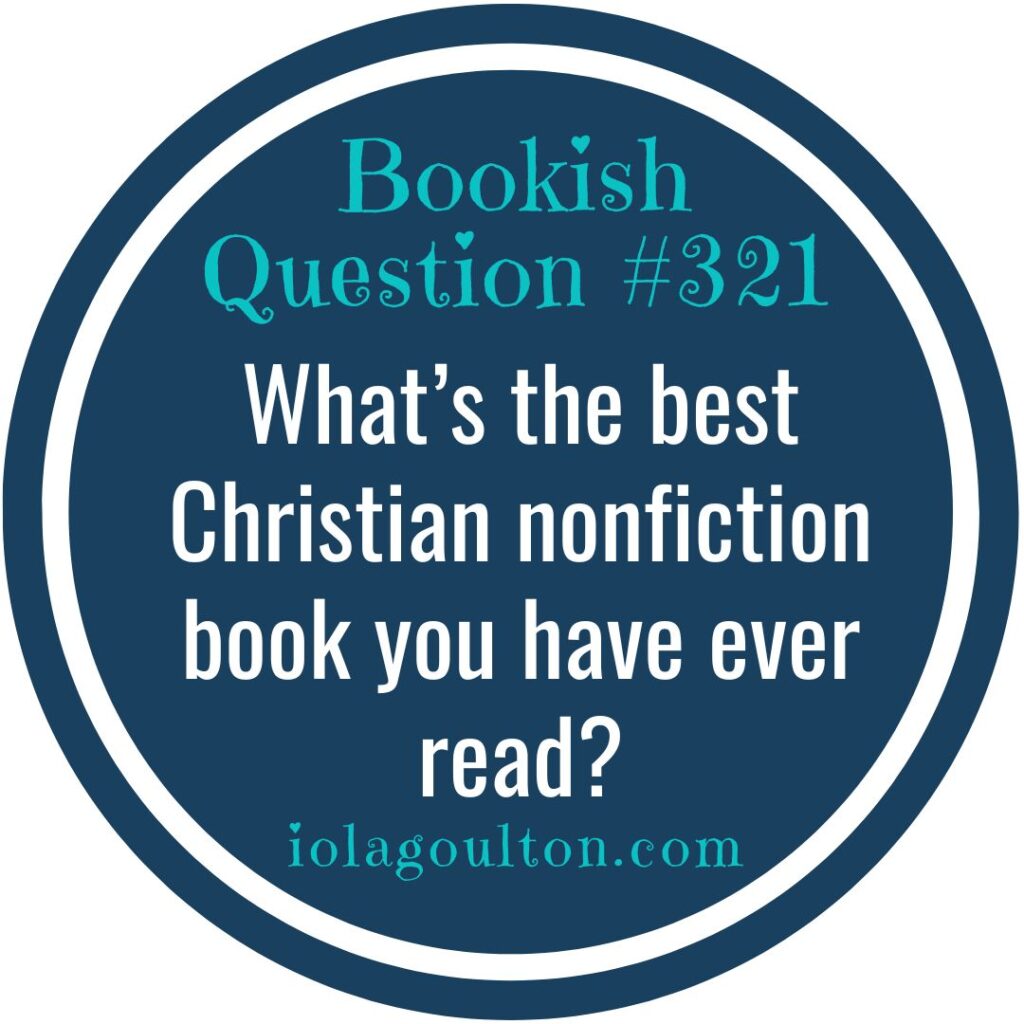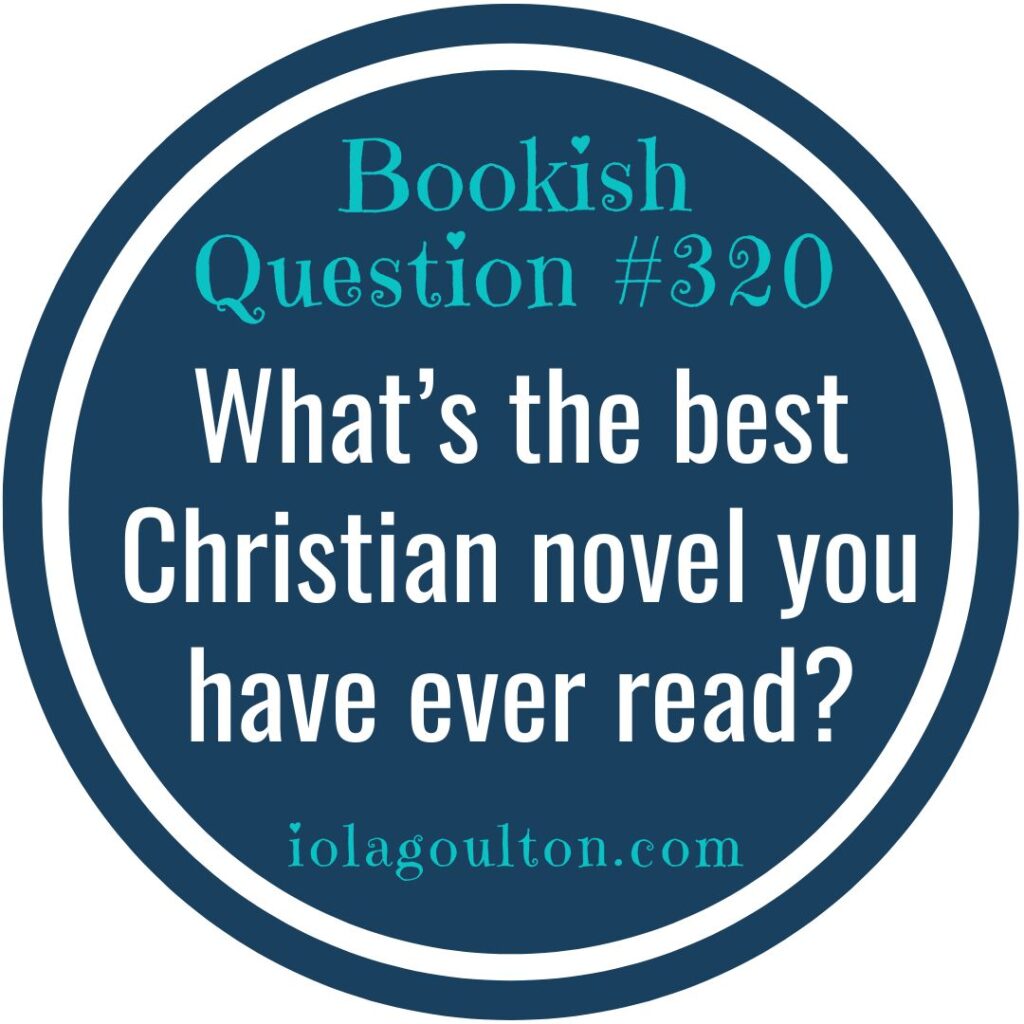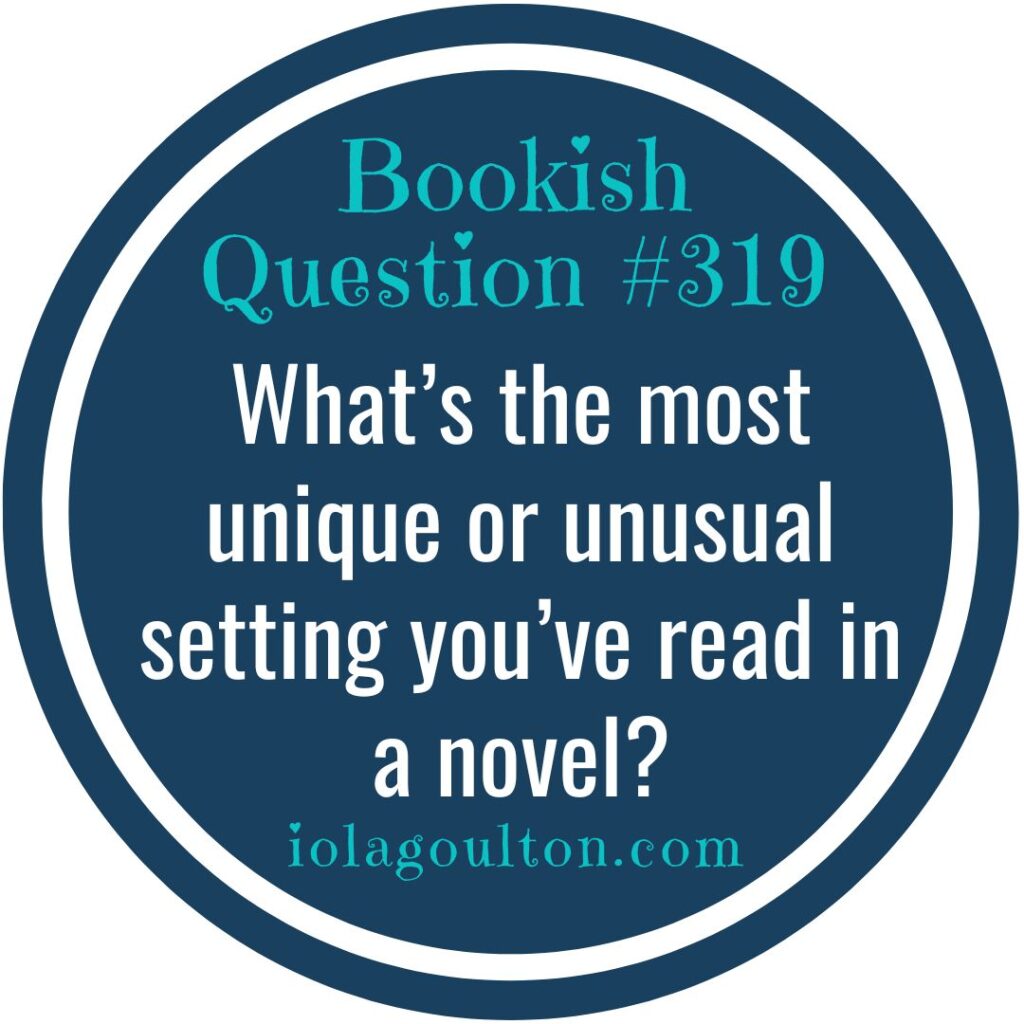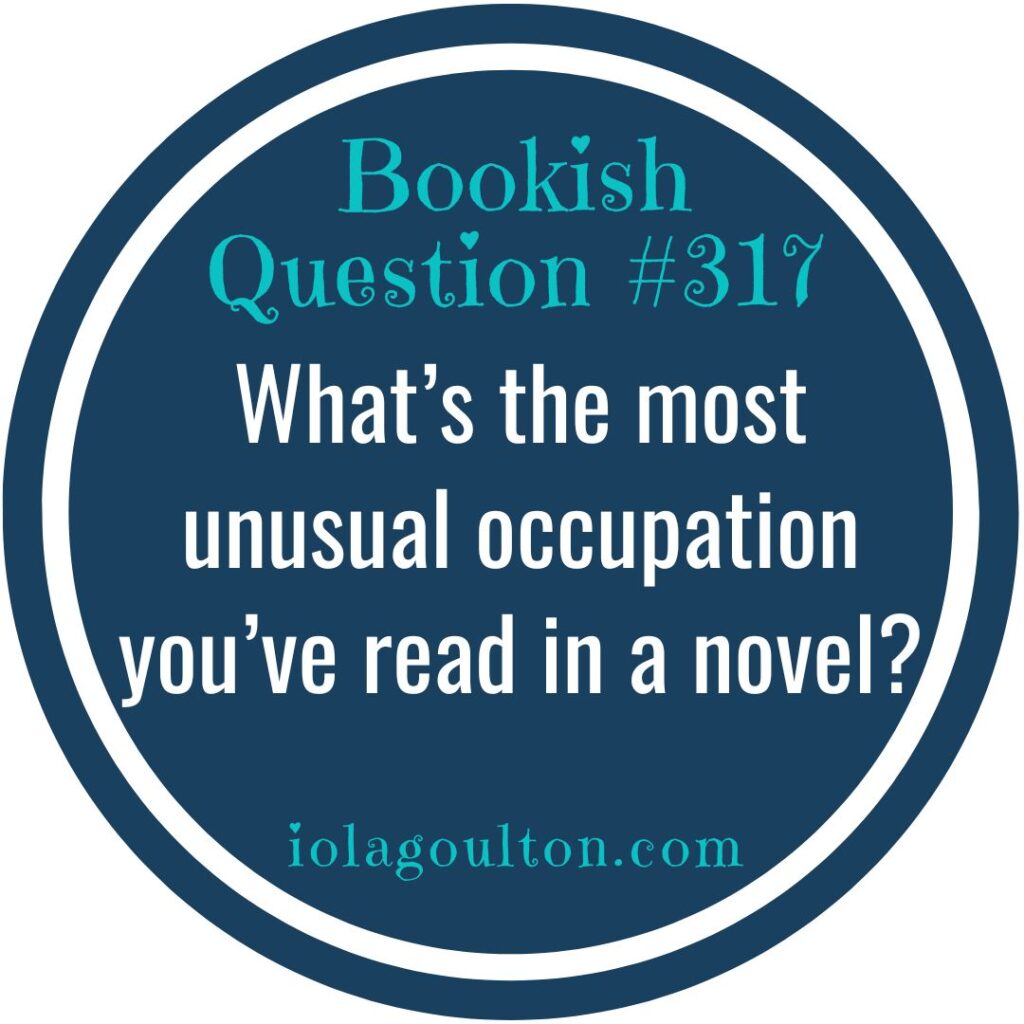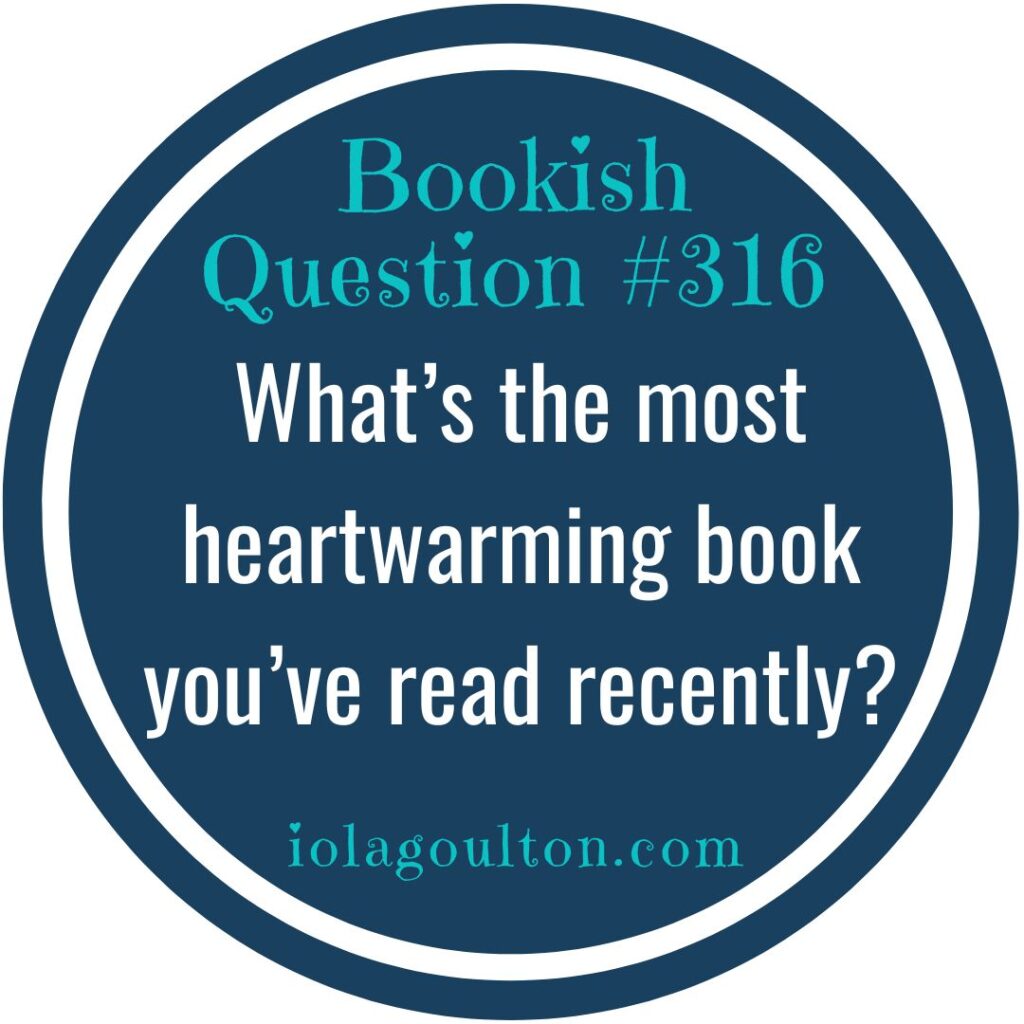Does reading my own book count?
I read that so many times while I was writing and editing. I honestly can’t say how many times. I can say that I didn’t read the whole book each time—I read as much as I had written, and moved forward from there. I’m currently following a similar process for my second book.
If we exclude books I’ve written (or edited), then there are a few I can think of:
An Echo in the Darkness by Francine Rivers is the second in The Mark of the Lion series, and my favourite. I’ve definitely read it more than either of the other two books in the series.
Secrets by Robyn Jones Gunn is the first book in her Glenbrooke series. I read and enjoyed all the books, but I think Secrets and Whispers were my favourite.
Love Finds a Home by Janette Oke is the final book in the Love Comes Softly series, because this was the book where Belinds and Drew finally (finally!) get their happy-ever-after.
And the Bible. I’ve read through the complete Bible several times as part of a Bible in a Year challenge, but I consciously selected a different version of the Bible each time. So is that one book or several?

